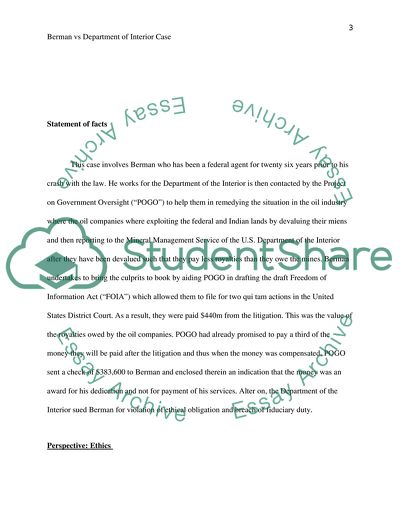Cite this document
(“Berman vs department of interior case Term Paper”, n.d.)
Berman vs department of interior case Term Paper. Retrieved from https://studentshare.org/miscellaneous/1646196-berman-vs-department-of-interior-case
Berman vs department of interior case Term Paper. Retrieved from https://studentshare.org/miscellaneous/1646196-berman-vs-department-of-interior-case
(Berman Vs Department of Interior Case Term Paper)
Berman Vs Department of Interior Case Term Paper. https://studentshare.org/miscellaneous/1646196-berman-vs-department-of-interior-case.
Berman Vs Department of Interior Case Term Paper. https://studentshare.org/miscellaneous/1646196-berman-vs-department-of-interior-case.
“Berman Vs Department of Interior Case Term Paper”, n.d. https://studentshare.org/miscellaneous/1646196-berman-vs-department-of-interior-case.


